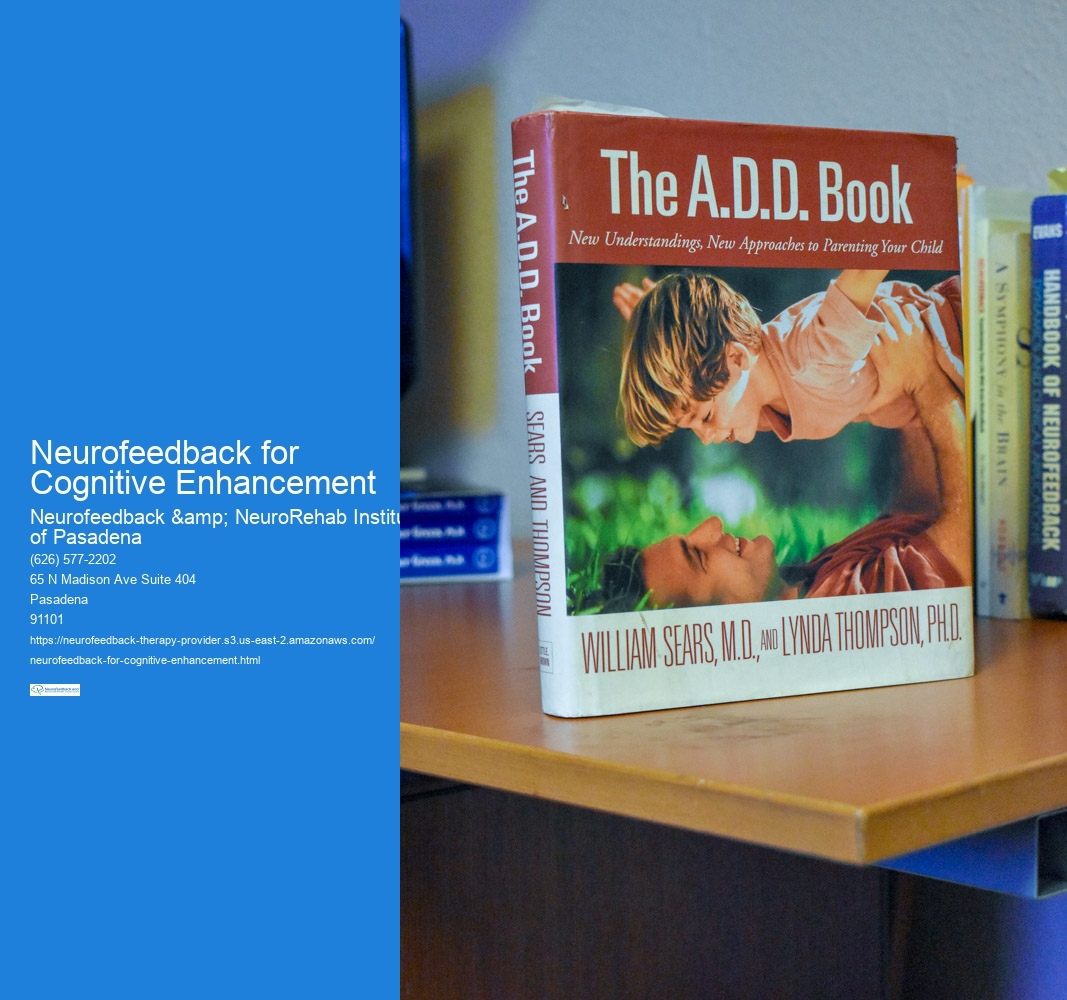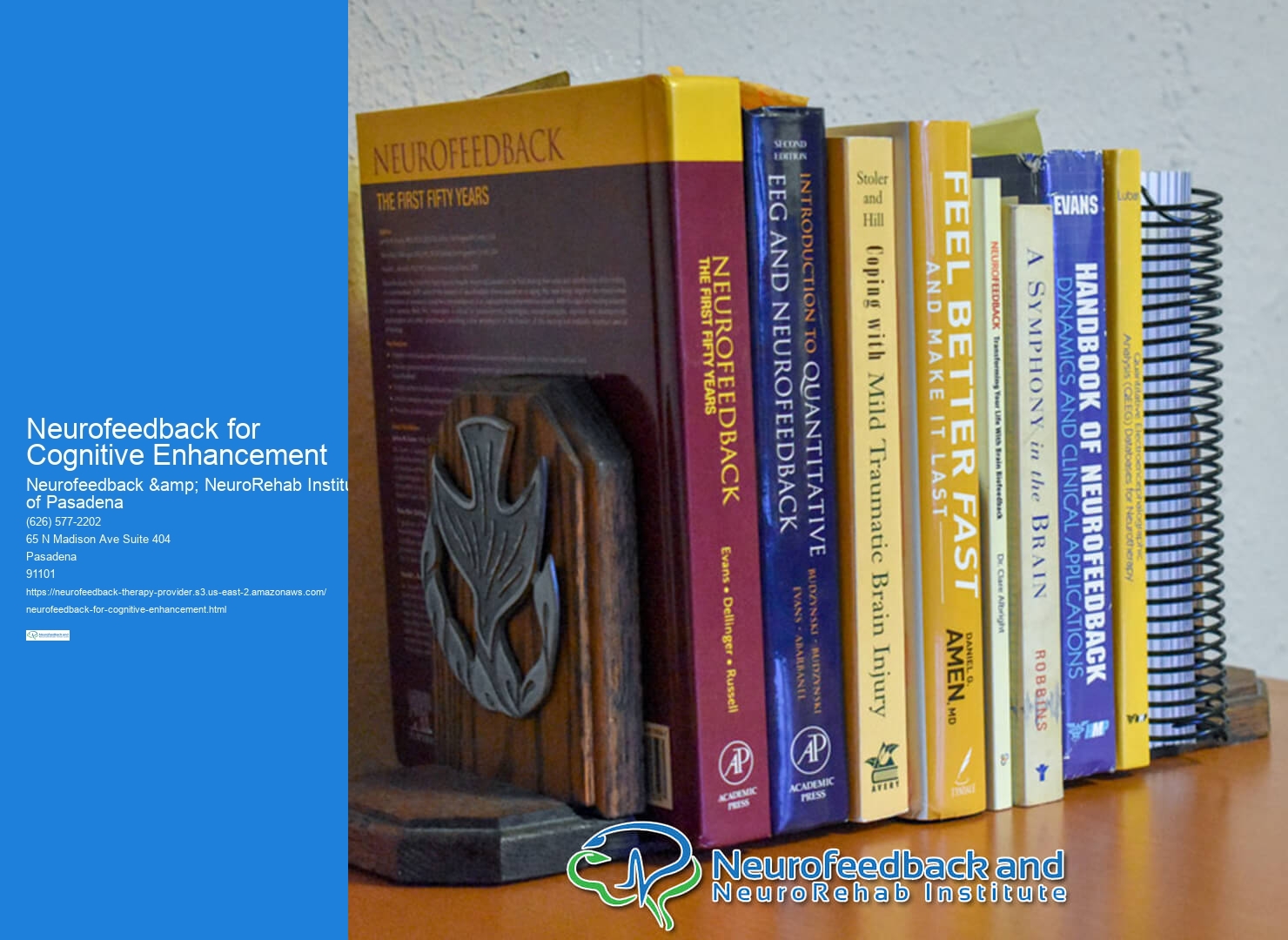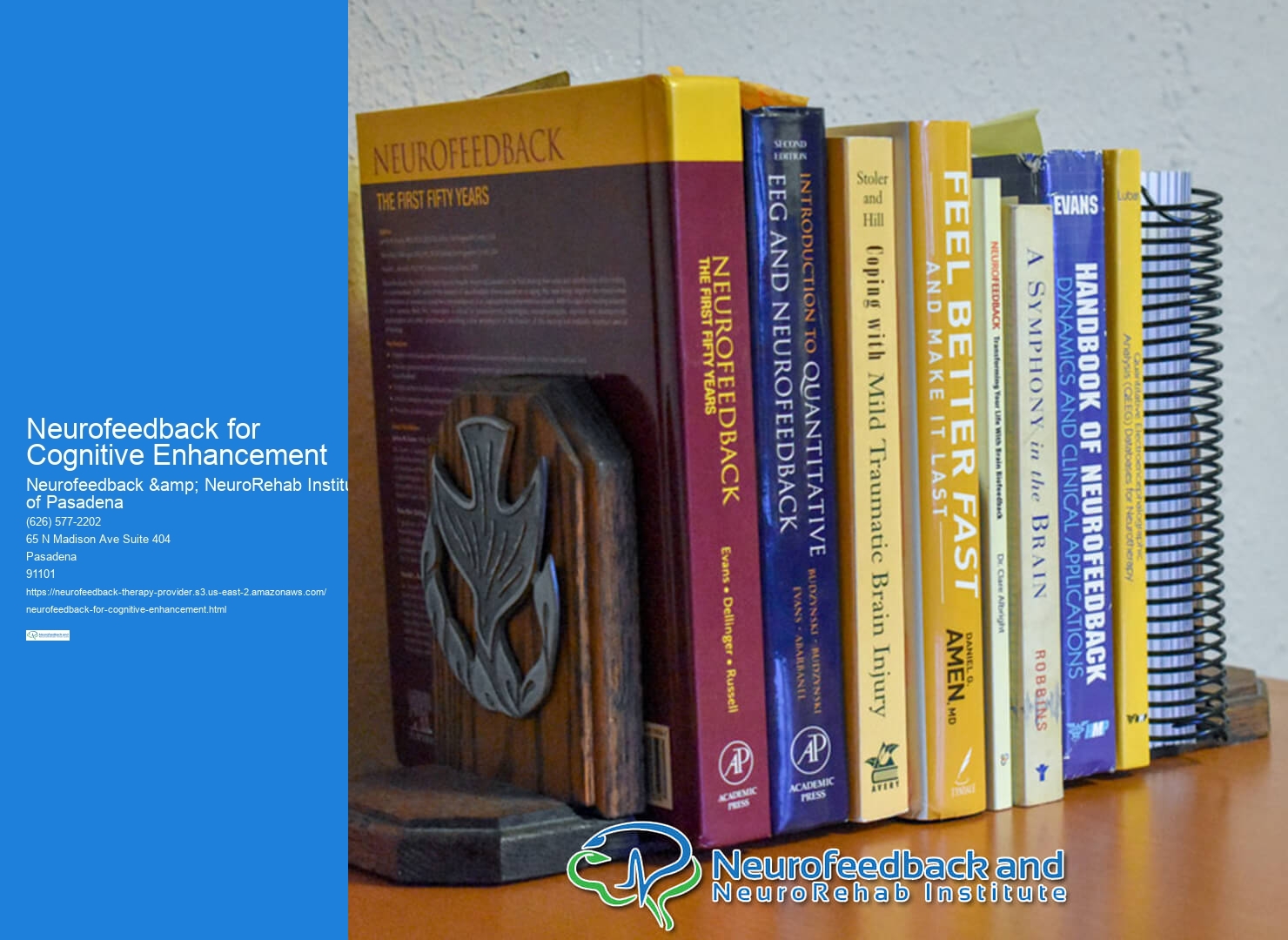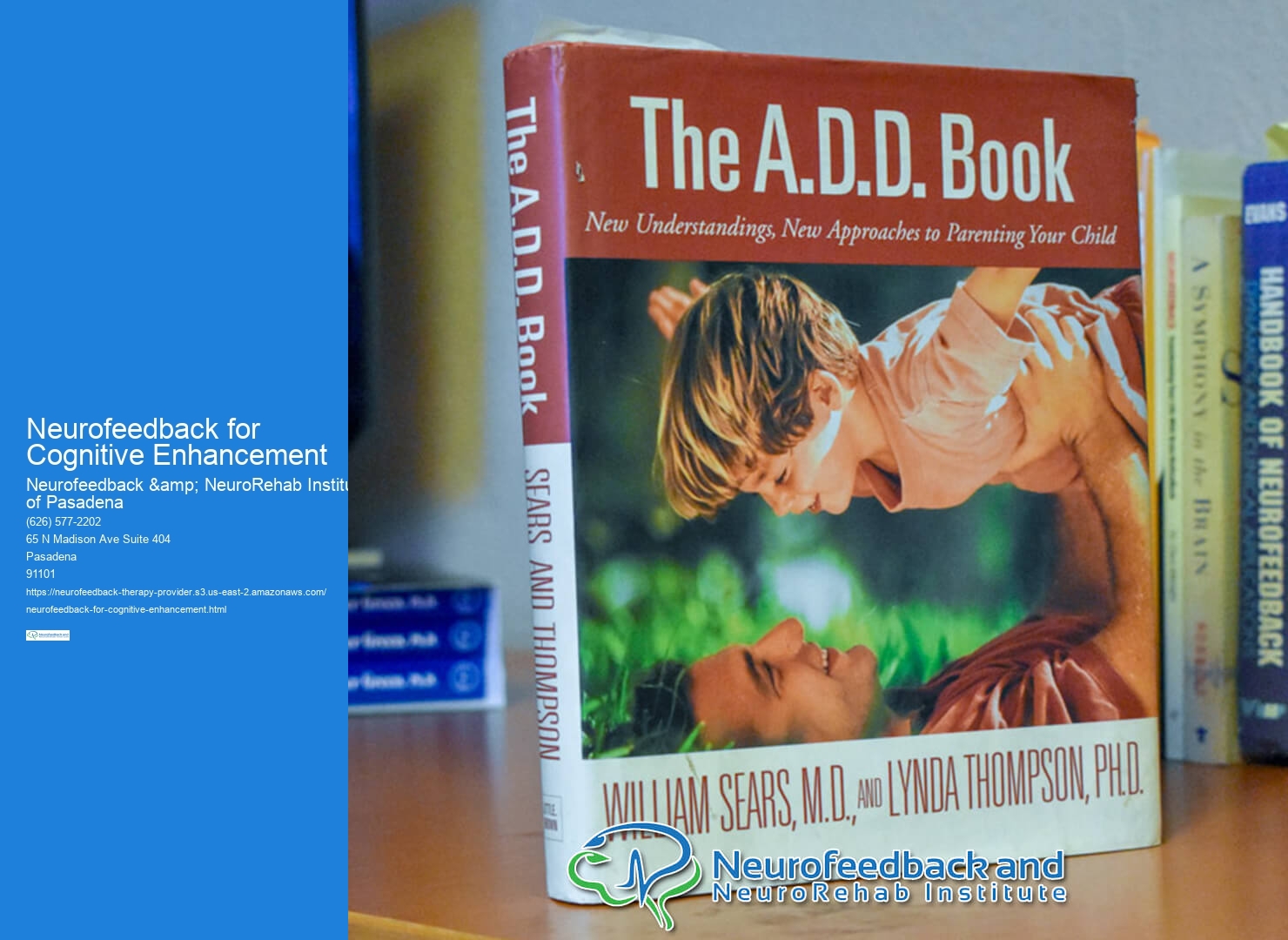

Neurofeedback targets cognitive enhancement by utilizing real-time monitoring of brainwave activity to provide feedback to the individual, allowing them to learn to self-regulate their brain function. Brainwave Regulation Therapist This process is often used to improve attention, memory, and executive function by training the brain to produce specific brainwave patterns associated with enhanced cognitive performance.
Neurofeedback aims to modify specific brainwave patterns such as beta waves for improved focus and attention, alpha waves for relaxation and creativity, and theta waves for memory and learning. By targeting these brainwave patterns, neurofeedback seeks to optimize cognitive function and enhance overall mental performance.
Yes, neurofeedback can be tailored to address specific cognitive challenges such as attention, memory, or executive function. By customizing the neurofeedback protocol to focus on the individual's specific cognitive needs, it can effectively target and improve the areas of concern.

Neurofeedback has been found to be particularly effective for children and adults with attention-deficit/hyperactivity disorder (ADHD), as well as individuals experiencing age-related cognitive decline. It has also shown promise in enhancing cognitive function in athletes, students, and individuals seeking to optimize their mental performance.
Brain Training SpecialistIndividuals who have undergone neurofeedback training have reported improvements in attention, focus, memory, and cognitive flexibility. They often experience enhanced mental clarity, improved decision-making abilities, and better overall cognitive functioning.
Neurofeedback Practitioner
The time it takes to see noticeable cognitive enhancements from neurofeedback sessions can vary depending on the individual and their specific cognitive challenges. Neurofeedback Training Center Some individuals may start to notice improvements after just a few sessions, while others may require more extensive training to experience significant cognitive enhancements.
To measure the effectiveness of neurofeedback for cognitive enhancement, specific cognitive tasks and assessments are often used, such as attention and memory tests, executive function assessments, and cognitive performance measures. Biofeedback Training Center These evaluations help track the progress and improvements in cognitive function resulting from neurofeedback training.

Yes, there are neurofeedback programs specifically designed to help manage tics, such as those associated with Tourette syndrome. Neurofeedback, also known as EEG biofeedback, is a non-invasive technique that uses real-time monitoring of brainwave activity to help individuals learn to self-regulate their brain function. These programs typically involve training sessions where individuals receive feedback on their brainwave patterns and learn to modify them through techniques such as relaxation, visualization, and cognitive strategies. Neurofeedback has shown promise in helping individuals with tic disorders to reduce the frequency and severity of their tics, improve self-control, and enhance overall quality of life. It is often used as part of a comprehensive treatment approach that may also include behavioral therapy, medication, and other interventions tailored to the individual's specific needs.
Yes, there are several neurofeedback programs specifically designed for veterans with traumatic brain injury (TBI). These programs utilize advanced neurofeedback techniques to address the unique cognitive and emotional challenges faced by veterans with TBI. Many of these programs are tailored to address specific symptoms such as memory loss, attention deficits, and emotional regulation. Additionally, these programs often incorporate a multidisciplinary approach, integrating neurofeedback with other therapeutic modalities to provide comprehensive care for veterans with TBI. These programs are often available through specialized clinics and rehabilitation centers that focus on serving the needs of veterans and individuals with brain injuries.
Neurofeedback studies have indeed explored the effects of meditation on brain activity and cognitive function. Research has shown that meditation can lead to changes in brainwave patterns, such as increased alpha and theta waves, which are associated with relaxation and attention. These studies have also investigated the impact of meditation on neural connectivity, neuroplasticity, and overall brain health. Furthermore, neurofeedback research has examined how meditation can influence various cognitive processes, including attention, memory, and emotional regulation. The findings from these studies provide valuable insights into the neurobiological mechanisms underlying the benefits of meditation and its potential applications in promoting mental well-being.
The Brain-Computer Interface (BCI) plays a crucial role in neurofeedback by enabling the direct communication between the brain and external devices, facilitating the real-time monitoring and analysis of brain activity. Through the use of electroencephalography (EEG) and other neuroimaging techniques, the BCI captures and processes neural signals, allowing individuals to gain insight into their brain function and learn to self-regulate their cognitive and emotional states. This technology enhances the effectiveness of neurofeedback training by providing accurate and immediate feedback to the user, promoting neuroplasticity and facilitating the development of self-awareness and self-regulation skills. Additionally, the BCI contributes to advancing research in neuroscience and clinical applications, offering new possibilities for personalized interventions and therapeutic approaches in various neurological and psychiatric conditions.
Neurofeedback has shown promise in addressing self-esteem and self-confidence by targeting specific brainwave patterns associated with these psychological states. By utilizing neurofeedback training, individuals can learn to regulate their brain activity, promoting a more balanced and positive emotional state. This can lead to improved self-perception, increased self-worth, and a greater sense of self-assurance. Through the reinforcement of desired brainwave patterns, neurofeedback can help individuals develop a more resilient and confident mindset, enhancing their overall well-being and quality of life. Additionally, neurofeedback may also contribute to reducing symptoms of anxiety and depression, further supporting a positive self-image and self-assurance.